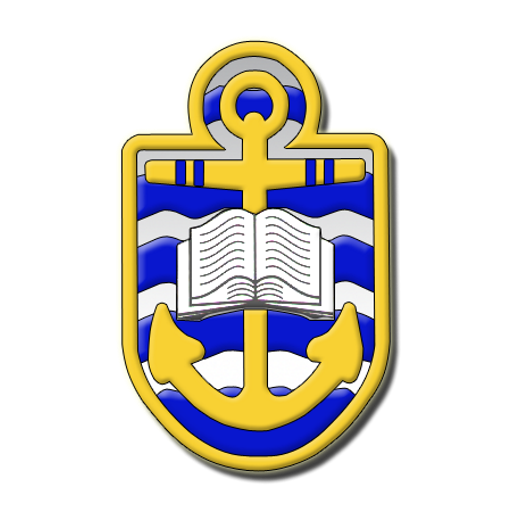Intent
|
To provide children with a science curriculum that consistently: inspires curiosity through asking and creating questions; enables children to feel confident when exploring their environment; allows children to collaboratively make new and exciting discoveries and encourages children to communicate their discoveries and ideas in a variety of ways.
Our aim is to make science fun, hands on, well-resourced and relevant to real life experiences of the world through the teaching and learning of scientific knowledge and working scientifically skills. |
Cultural Capital
|
- Children experience science opportunities outside of the classroom, including visiting our outdoor wildlife area; science themed trips, such as visiting the pleasure beach, the zoo and local high schools.
- There are opportunities for visitors to come into school, such as the creepy crawly roadshow and travelling science shows.
- Every year, Anchorsholme Academy celebrates science week through themed assemblies, whole school investigations and competitions!
|
Lesson Expectations
|
- Science lessons will start with an Anchors question.
- Each Science lesson will be based around the plan, do and review cycle. Class teachers will highlight what scientific skills they are focussing on and is visible in every classroom.
- All children have a science overview sheet at the beginning of each unit. This document includes what the children will be learning, the key scientific vocabulary, Scientific enquiry skills and enquiry questions.
|
EYFS
|
- In Foundation Stage, Science is taught under the Early Learning Goal heading, “Understanding the World”. Within this area of the EYFS there are three aspects which are: “Past and Present”, “People Culture and communities” and “The Natural World”. All teaching is through topics which enable the children to explore these areas of learning through both child-initiated play and teacher-led focus tasks. The children are encouraged to make predictions, test their ideas through simple investigations, make observations, explain why some things occur and notice similarities and differences in the world around them.
- Children’s work is recorded on Tapestry and within the science floor book.
|
Assessment
|
- Children complete a TAPS assessment for each science unit to allow teachers to assess working scientifically skills and knowledge.
- LBQ can be used as an additional assessment resource.
- Floor books are kept and updated by individual year groups to showcase the TAPs science assessment work.
|
SEND and More Able
|
• All SEND children are supported to fully participate in all science lessons: teacher or TA support, peer support, pre-teach of vocabulary, word mats, use of IT resources, differentiation of activities and practical resources.
• More able and aspiring more able children are challenged to complete investigations and to problem solve independently. They are encouraged to articulate their learning by explaining how they solved a question or proving how they discovered the information using scientific vocabulary. They also make links between their knowledge across the curriculum and apply them to everyday life. |

